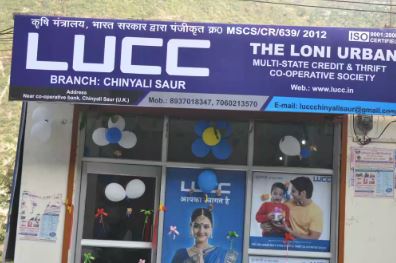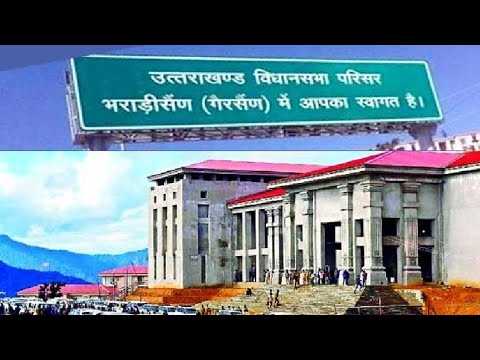Supreme Court said forced conversion is against the constitution, asked the Center to investigate the issue of organ transplant

There has been a demand from time to time to curb this by enacting a law regarding forced conversion. Meanwhile, on Monday, the apex court, while hearing the petition filed by advocate Ashwini Kumar Upadhyay, made strong remarks regarding the forced dharna change. The court has said that this is a serious issue. Not only this, it is also against the constitution. In fact, senior advocate Ashwini Kumar Upadhyay, in his petition, has sought strict measures to prevent conversions through fraud and intimidation. It has been said in the petition that if these are not banned, then soon Hindus will become a minority in India. During the hearing in the matter, the Center told the court that it was collecting information from the states on religious conversion through such means.
Solicitor General Tushar Mehta sought time to submit detailed information on the issue before a bench of Justices MR Shah and CT Ravikumar. He said the statutory regime would determine whether a person is converting because of some change in belief.
To this, the bench said, ‘Don’t take it as a protest. This is a very serious issue. After all it is against our constitution. When everyone lives in India, they have to act according to the culture of India. The apex court will now hear the matter on December 12.
Center to investigate lack of uniformity in rules for deceased organ transplant
The Supreme Court, while hearing on Monday i.e. today, asked the Center to consider the petition in which uniformity has been sought in the rules related to the transplantation of deceased organs in all the states. The petition has been filed by an organization called Gift of Life Adventure Foundation. The petition sought issuance of appropriate directions to the State Governments to bring uniformity in regulations across various States in line with the Regulation and Monitoring of Transplantation of Human Organs and Tissues Act, 1994 or the Central Rules of 2014. Hearing this petition, a bench of Chief Justice DY Chandrachud and Justice PS Narasimha directed the Union Ministry of Health and Family Welfare to come up with the Human Organ and Tissue Transplantation Rules, 2014, due to the lack of uniformity in the rules for deceased organ transplant among the states. Check fast.
DMK’s review petition in order to uphold the decision of the Center on EWS reservation
The DMK on Monday filed a review petition in the apex court against the Supreme Court order upholding the Centre’s decision on EWS reservation. The DMK has also demanded an open court hearing on its review petition.
A five-judge constitution bench of the Supreme Court by a majority of 3:2 upheld the validity of the 103rd Amendment Act of the Constitution. It provides for 10 percent EWS reservation in educational institutions and government jobs. The amendment giving 10 per cent reservation to EWS was upheld on 7 November. The DMK argued that the decision would affect 133 crore Indians.
Supreme Court seeks response from High Court on setting up of online RTI portal
The Supreme Court on Monday granted three weeks time to all the 25 High Court registries to file their replies on a plea seeking setting up of online RTI (right to information) portals. A bench of Chief Justice DY Chandrachud and Justice PS Narasimha heard the matter. Meanwhile, it was informed by petitioner NGO Pravasi Legal Cell that out of 25 High Courts, only nine have filed their replies to the petition seeking setting up of online RTI portals.
The NGO, in its plea, has said that the lack of online facilities is causing hardship to the people as they have to physically come to the High Courts to file applications seeking information under the RTI Act. To this, the bench said that the High Courts which have not filed their reply on the proposed setting up of online RTI portals shall do so in the affirmative within a period of three weeks.







